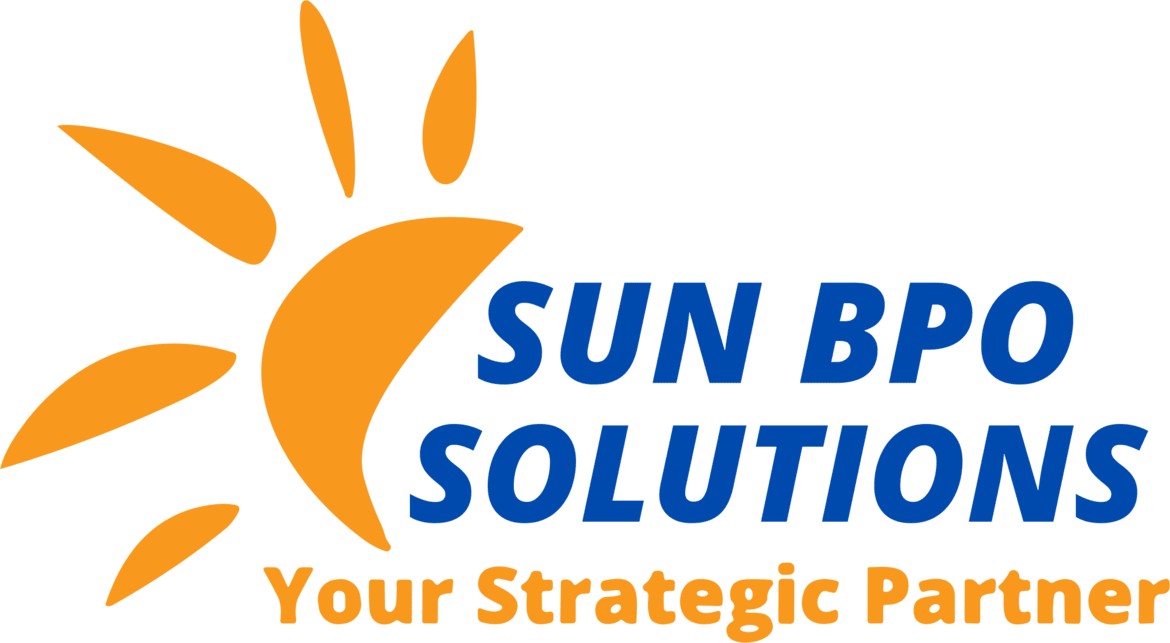Table of Contents
Introduction
Managing client relationships and handling administrative tasks efficiently are crucial for business success. As companies grow, so do their administrative challenges, making it harder to maintain seamless workflows. A customer relationship management platform (CRM) plays a key role in organizing client data, automating tasks, and improving efficiency.
But what exactly is CRM, and how does it benefit businesses? Let’s explore.

Customer Relationship Management: What Is It?
A customer relationship management platform is a software system that helps businesses manage interactions with clients, track sales processes, and automate repetitive administrative tasks. It centralizes customer data, making it easily accessible for marketing, sales, and support teams.
For small businesses, adopting CRM can be a game-changer. Let’s discuss the importance of customer relationship management in small businesses.
The Role of Customer Relationship Management in Small Business Success
Many small businesses struggle with time-consuming administrative tasks such as tracking leads, following up with customers, and maintaining client records. A CRM system helps by:
✅ Automating daily tasks like email follow-ups and appointment scheduling
✅ Enhancing customer communication with real-time tracking and reminders
✅Providing data-driven insights to improve decision-making
✅ Boosting sales conversions by managing leads more effectively
By implementing a customer relationship management platform, small businesses can scale their operations without losing the personal touch that keeps customers engaged.
Customer Relationship Management Benefits
📈 A CRM system eliminates manual data entry, scheduling, and reporting, allowing employees to focus on high-value tasks.
📈 By storing customer data and tracking interactions, businesses can offer personalized experiences that build loyalty.
📈CRMs enable businesses to analyze customer behavior and create targeted marketing campaigns that drive conversions.
📈 With a shared database, employees can access real-time customer information, improving teamwork and communication.
📈 By automating workflows, CRMs reduce the burden of administrative tasks, allowing employees to work smarter, not harder.
Automating Administrative Workflows with CRM
One of the biggest challenges businesses face is managing repetitive administrative tasks. A CRM system automates these tasks, allowing employees to focus on more strategic activities.
Key CRM Features for Workflow Automation
📌 Lead Management – Automatically captures and organizes leads from various sources.
📌 Task Scheduling & Reminders – Ensures follow-ups, meetings, and deadlines are never missed.
📌 Email Automation – Sends personalized emails, newsletters, and promotional offers to customers.
📌 Billing & Invoicing – Automates invoice generation, payment reminders, and tracking.
📌 Data Entry & Record-Keeping – Eliminates manual data input by auto-updating customer records.
By leveraging CRM automation, businesses can increase productivity and reduce errors, leading to smoother operations.
Enhancing Client Management with CRM Systems
Improving Team Collaboration & Communication
A CRM system connects teams across different departments, ensuring smooth communication and workflow management. This is especially beneficial for businesses with remote teams or multiple branches.
Collaboration Features in CRM Systems
📌 Shared Customer Database – Teams can access real-time customer details from anywhere.
📌 Task Assignments & Notifications – Ensures accountability and efficient task completion.
📌 Internal Messaging & Notes – Allows employees to share insights on customer interactions.
📌 Custom Role Permissions – Manages who can access, edit, or update data for security and efficiency.
By integrating CRM software, businesses can improve coordination, boost efficiency, and deliver better customer service.
Data-Driven Insights for Smarter Decision-Making
One of the biggest advantages of a CRM system is its ability to provide data analytics and reports. Businesses can use this information to identify trends, measure performance, and improve strategies.
Key CRM Analytics & Reporting Tools
✔ Sales Forecasting – Predicts revenue trends based on past sales data.
✔ Customer Behavior Analysis – Tracks purchasing patterns and engagement levels.
✔ Performance Tracking – Measures the effectiveness of marketing and sales campaigns.
✔ Real-Time Dashboards – Provides instant insights into business performance.
With CRM analytics, businesses can make informed decisions and optimize their operations for maximum efficiency.
Graph for Benefits of Customer Relationship Management Software
Overcoming Administrative Challenges with CRM
Many businesses face administrative challenges, such as mismanaged client data, slow response times, and lack of task organization. A customer relationship management platform helps overcome these hurdles by:
✔ Organizing customer records in a centralized database
✔ Automating emails, follow-ups, and reminders
✔ Providing analytics for smarter decision-making
✔ Streamlining project management and team collaboration
By addressing these administrative challenges, businesses can enhance their overall efficiency and customer satisfaction.
Conclusion: CRM Systems Are the Key to Business Growth
A CRM system is no longer a luxury—it’s a necessity for businesses looking to streamline admin workflows and client management. From automating tasks to enhancing customer relationships, CRM software helps businesses boost efficiency, improve communication, and increase revenue.
🚀 Ready to transform your business? Implement a CRM system today and take your admin workflows to the next level!
Stay updated with SunBPO Solutions for the latest trends, insights, and strategies to keep your business ahead of the curve!
FAQ
What is a CRM system, and why do businesses need it?
A CRM (Customer Relationship Management) system is software that helps businesses manage customer data, automate admin tasks, and improve team collaboration. It enhances efficiency, reduces manual work, and boosts customer satisfaction.
Can small businesses benefit from a CRM system?
Absolutely! A CRM system for small businesses helps organize customer information, automate repetitive tasks, and improve sales and marketing efforts. It allows small businesses to compete with larger enterprises efficiently.
What are the key features to look for in a CRM system?
The best CRM software includes lead management, workflow automation, task tracking, customer communication tools, analytics, and integration capabilities with other business applications.





0 Comments